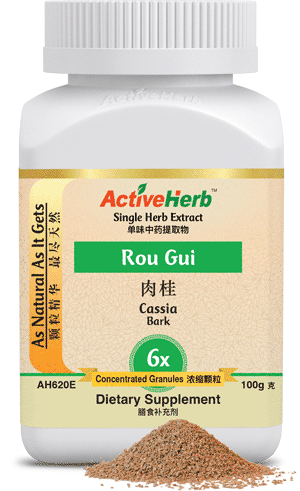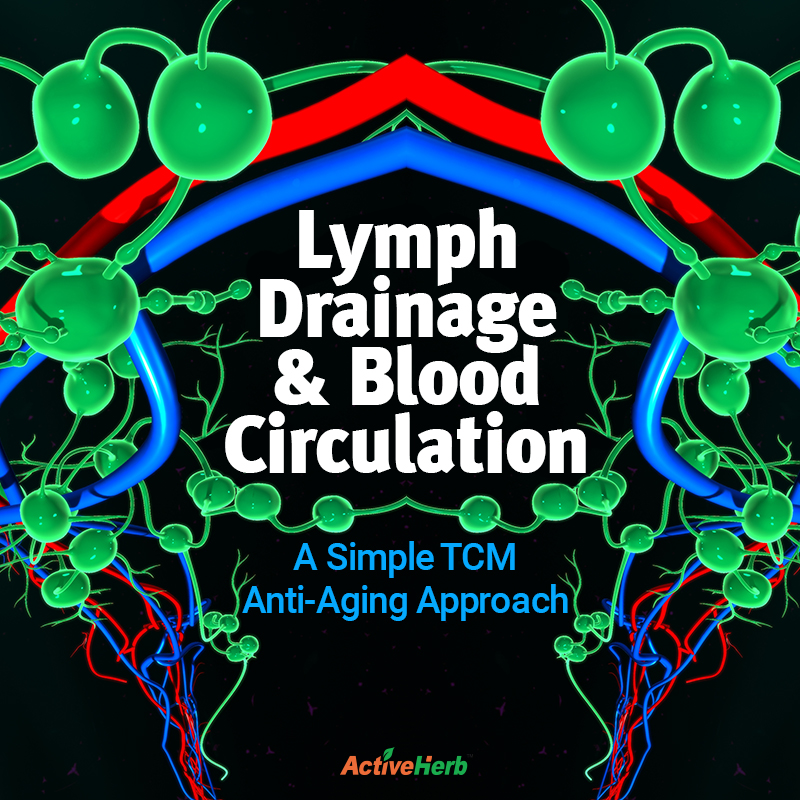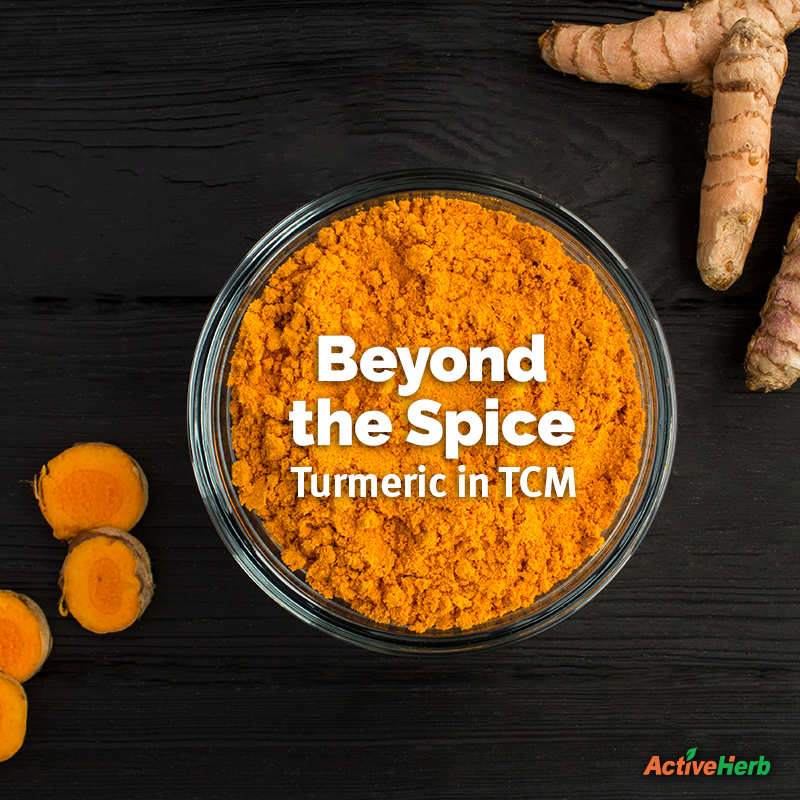Too Much Sweetness In Your Life? Here’s How TCM May Reduce Sugar Cravings

Let’s hope you’re below average…at least when it comes to this statistic.
According to the United States Department of Agriculture (USDA), the average American adult consumes 17 teaspoons of added sugar per day, which is the equivalent of nearly 70 grams. Of course, average is average, which means that many people, especially those addicted to regular soda (up to 40 grams per can), consume well over 100 grams of added sugars every day.
“Added sugars” means this statistic does not include natural sources of healthy sugars in many fruits and vegetables. Nor does “added sugars” include the myriad grams of carbohydrates in starchy grains like rice that quickly metabolize as sugar.
That means many Americans consume far more than the nearly 70 grams of added sugars the average person ingests daily from processed food such as soda, jelly, salad dressing, ketchup, and dozens of other packaged foods and beverages. The average consumption of 17 teaspoons/68 grams a day of added sugars far exceeds the 2020-2025 Dietary Guidelines for Americans, which recommend limiting calories from added sugars to less than 10% per day.
Conquering sugar addiction requires a holistic approach. Can Traditional Chinese Medicine (TCM) be a part of a viable strategy to curb added sugars? That’s a tall order because of sugar’s addictive nature. In fact, sugar is so potentially addictive the Addiction Center equates its addictive properties to those of cocaine. Sugar, the Addiction Center says, “creates a spark of energy and a short-term high in the body,” much like drugs.
TCM Theory Behind Sugar Addiction
5-element theory, the foundation of TCM philosophy, posits that every organ system is associated with an element, physical organ, season, color, taste, emotion, sensory organ, etc.
If you’re addicted to the sweet stuff, you will damage the health of your Spleen. Not the physical spleen of Western medicine that filters blood but rather the TCM organ that influences the entire digestive system and the conversion of food into Qi-building nutrients. Not only does sugar negatively impact the physiological function of the Spleen channel (namely interfering with digestion and nutrient assimilation), but lots of the sweet stuff also impacts you emotionally. In the 5-element theory, the Spleen is associated with nourishing and nurturing properties. Anybody who has had a rough day only to come home and relieve the stress with a pint of ice cream can identify with that!
There’s no need to be a sugar-phobe. In moderation, natural sugars from fruits and low-starch vegetables actually help support Spleen homeostasis (Yin/Yang balance).
However, caving into sugar cravings stresses the Spleen meridian and its paired organ, the Stomach. In addition to leading to cravings, an imbalance in the Spleen/Stomach channel may also manifest as fatigue, bruising, irritability, swollen tongue, bloating, and cravings, which are all associated with sugar addiction.
The Impact of Excessive Sugar Consumption, A TCM Perspective
TCM attributes sugar addiction to Spleen Qi deficiency, affecting the body’s ability to transform and transport nutrients. This deficiency can lead to fatigue, bloating, and many other symptoms of sugar cravings.
In addition, excessive sugar consumption contributes to dampness and phlegm accumulation in the body. This may manifest as weight gain, brain fog, and a feeling of heaviness, further perpetuating the vicious cycle of sugar addiction.
Not only that, but sugar addiction may also cause Liver Qi Stagnation, resulting in irritability, mood swings, and cravings for sweets as a means of emotional comfort.
How To Reduce Sugar Cravings Using TCM
Obviously, eating a healthier diet can help reduce sugar cravings. Many people eat too many carbohydrates (think: bread, pasta, rice, cereal) and not enough lean protein and non-starchy grains. Consume more chicken, turkey, fish, eggs, sweet potatoes, squash, tofu, tempeh, beans, lentils, nuts and seeds. And don’t forget to add healthy dietary fats such as avocado, olives, olive oil, and grass-fed butter. Learn to make healthy stews and TCM soups.
In addition to modifying what you eat, you can also incorporate the following Chinese herbs to reduce sugar cravings.
Bitter Melon (Momordica charantia)
Bitter melon, known as “Ku Gua” in TCM, is believed to clear heat and dampness, making it beneficial for reducing sugar cravings. Research suggests that bitter melon may help support blood sugar levels and insulin sensitivity, potentially making it a valuable herb in the fight against sugar addiction.
Ginseng (Panax ginseng)
Ginseng, or “Ren Shen” in TCM, is renowned for its adaptogenic properties. It may help balance the body’s energy, strengthen the Spleen, and reduce fatigue associated with sugar addiction. Studies have shown that ginseng may support blood sugar control and insulin sensitivity.
Chinese Skullcap (Scutellaria baicalensis)
Also known as “Huang Qin,” Chinese skullcap calms the mind and supports the Liver, thus contributing to reducing sugar cravings.
Coptis Rhizome (Rhizoma Coptidis)
Coptis, or Huang Lian in TCM, clears heat, drains dampness, and resolves toxicity that causes several symptoms of sugar addiction.
Cinnamon (Cinnamomum cassia)
TCM recognizes cinnamon, or “Rou Gui,” for its ability to warm the body and enhance circulation. Research suggests that cinnamon may support insulin sensitivity and blood sugar levels, making it a valuable herb for individuals struggling with sugar addiction.
Fenugreek (Trigonella foenum-graecum)
Fenugreek, or “Hu Lu Ba,” is believed to strengthen the Spleen and Kidney in TCM.
Astragalus (Astragalus membranaceus)
Best known for immune support, “Huang Qi” tonifies Qi and strengthens the Spleen. When you consume a large amount of added sugars, it basically sends your immune system into a coma. Thus, by supporting the immune system, astragalus may help prevent sugar from weakening your defenses.
Can Acupuncture Help With Sugar Addiction?
Acupuncture is not the subject of many human trials on sugar addiction. But that doesn’t mean it hasn’t shown promise in treating other kinds of addiction. For instance, a randomized controlled trial (RCT)—the gold standard of research studies—published in the American Journal on Addictions concluded that for the 23 military veterans who received acupuncture for substance abuse, craving and anxiety levels decreased significantly following just one session of acupuncture. Moreover, the level of craving continued to drop with additional intervention sessions.
A 2019 RCT published in Evidence-Based Complementary and Alternative Medicine examined the impact of acupuncture on weight loss. Data were collected from 30 patients to identify measurable girth reduction, weight loss, dietary choices, and mood changes over seven weekly sessions of acupuncture versus sham needle as control. The results “demonstrated a large and highly significant acupuncture treatment effect for reduced waist circumference over the course of the seven-week intervention.”
Another 2019 paper published in the Journal of Chiropractic Medicine reviewed 53 clinical trials and 46 experimental studies on the effect of acupuncture points on weight gain and hunger hormone signaling. The researchers noticed an especially positive effect of the acupressure points ST 36 (Zusanli), ST 25 (Tianshu), and ST 44 (Neiting). The researchers theorize that acupuncture may work by upregulating the production of adiponectin, which is typically low in obese individuals and may contribute to insulin resistance.
Best Acupressure Points For Cravings
If you’re craving something unnaturally sweet and can’t get to your acupuncturist today, try these acupressure points to reduce cravings. (Perhaps just doing the acupressure will take your mind off the craving?)
Spleen 6 (SP6) – San Yin Jiao
- Location: On the inside of the leg, about four finger-widths above the inner ankle bone.
- Benefits: SP6 is believed to nourish the Spleen and harmonize the digestive system. Stimulating this point may help reduce sugar cravings by addressing imbalances in the Spleen meridian.
Pericardium 6 (PC6) – Nei Guan
- Location: On the inner forearm, about two and a half finger-widths above the wrist crease.
- Benefits: PC6 is a well-known point for relieving nausea and calming the mind. It may help control cravings by addressing emotional factors associated with overeating.
Stomach 36 (ST36) – Zu San Li
- Location: On the lower leg, about four finger-widths below the knee and one finger-width to the outside of the shinbone.
- Benefits: As mentioned above in the study, ST36 is known for its role in tonifying Qi and promoting overall digestive health. Stimulating this point may help balance the digestive system and reduce cravings.
Large Intestine 11 (LI11) – Qu Chi
- Location: On the outer part of the elbow crease when the arm is bent.
- Benefits: LI11 is associated with clearing heat and promoting the flow of Qi and Blood. It may help address imbalances in the body that contribute to cravings.
Kidney 7 (KI7): Ear Shen Men
- Location: On the upper part of the ear’s triangular fossa, commonly called the “Divine Gate.”
- Benefits: Known for its calming and relaxing effects. Stimulating this point may help reduce stress and emotional eating, contributing to a decrease in sugar cravings.
When applying acupressure, use moderate pressure and hold each point for about 1-2 minutes, breathing deeply and focusing on relaxation. Be consistent in incorporating acupressure, acupuncture, and Chinese herbs for managing sugar cravings.
Suggested Reading From The ActiveHerb Blog:
Already Quit Your New Year’s Resolutions? Get Back On Track With TCM!







